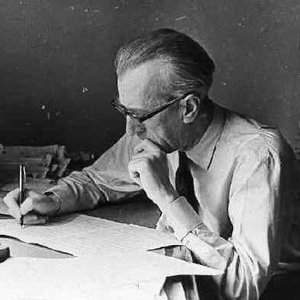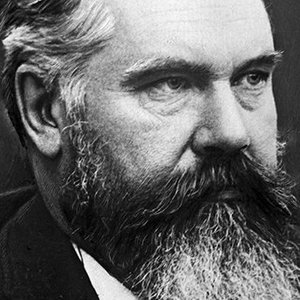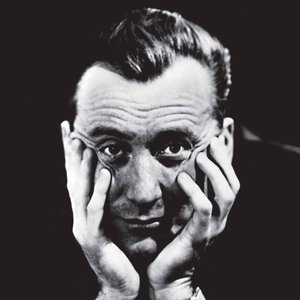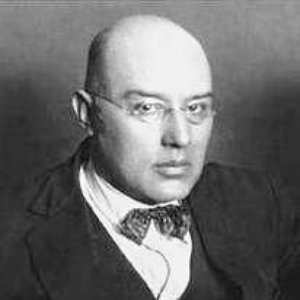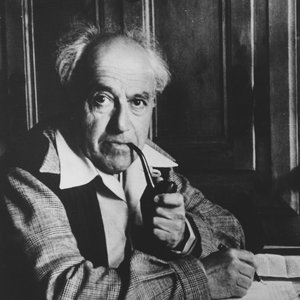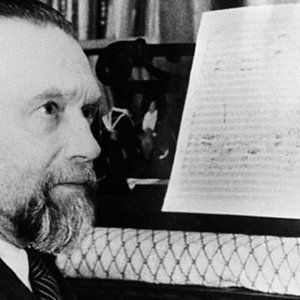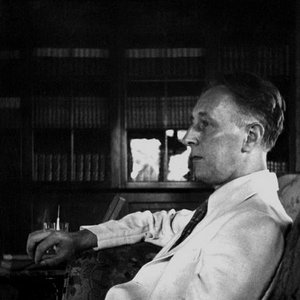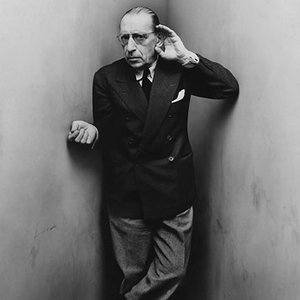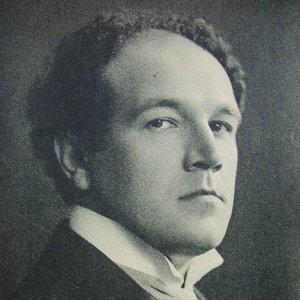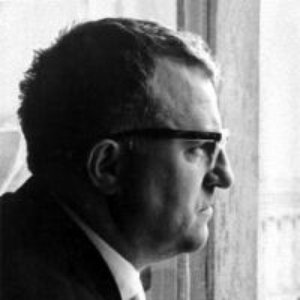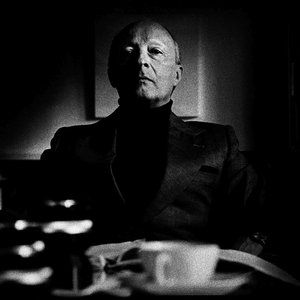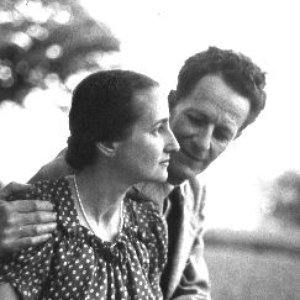Biography
-
Born
20 April 1881
-
Born In
Nowy Dwór Mazowiecki, Mazowieckie, Poland
-
Died
8 August 1950 (aged 69)
Nikolai Miaskovsky or Nikolai Myaskovsky (April 20, 1881 – August 8, 1950) was a Russian composer. He is sometimes referred to as the "father of the Soviet symphony". Born in Novogeorgiyevsk, near Warsaw, at that time part of Russian Poland.
At the St. Petersburg Conservatory he met Sergei Prokofiev, and they remained friends throughout the older man's life.
The years 1921 – 1933 were years in which he most often experimented in music, producing works such as the Tenth and Thirteenth symphonies, Fourth piano sonata, and First string quartet — also some of the suites of piano pieces — whose harmony is very much stretched, and the first years of his teaching at the Conservatory. Perhaps the Thirteenth symphony stands alone even among them for experimentation, written in a single atmospheric and strange movement complete with fugato.
His pupils were eventually to include such composers as Khachaturian, Rodion Shchedrin, Dmitri Kabalevsky, and Vissarion Shebalin. The Symphony No. 6 (1921–3, rev. 1947 — this is the version that is almost always played or recorded) his only choral symphony and the longest of his 27 symphonies, sets a brief poem. The finale contains quite a few quotes — the Dies Irae theme, as well as French revolutionary tunes.
The next few years, after 1933, showed primarily a retreat from that style, though with — again mostly — no general retreat in craftsmanship.
The sonata-works (symphonies, quartets, etc.) written in the last ten years (especially starting with the 24th symphony, the piano sonatina, the 9th quartet) while Romantic in tone and style are direct in harmony and development. He does not deny himself a teasingly neurotic scherzo, as in his last two string quartets (that in the thirteenth quartet, his last published work, is frantic, and almost chiaroscuro but certainly contrasted) and the general paring down of means usually allows for direct and reasonably intense expression, as with the cello concerto and second cello sonata, the latter dedicated to Rostropovich.
Artist descriptions on Last.fm are editable by everyone. Feel free to contribute!
All user-contributed text on this page is available under the Creative Commons Attribution-ShareAlike License; additional terms may apply.

